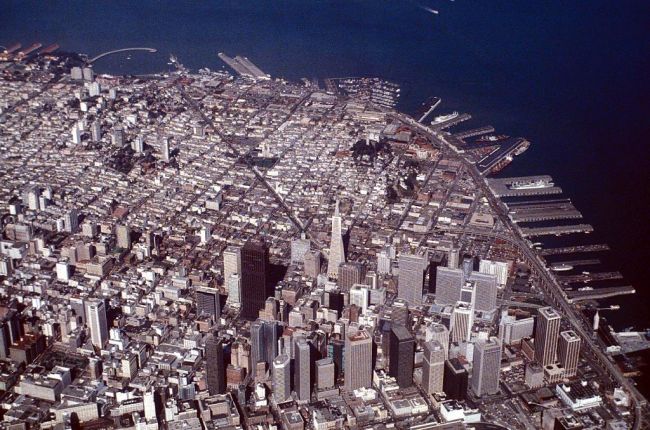
Many substances that are hazardous to human health can enter water supplies. Chemical waste from factories is sometimes dumped into rivers and lakes, or directly into the ground. Pesticides (chemicals that kill insects) applied to farmland enter surface water and groundwater, often in large quantities. Leaks from underground storage tanks for liquids like gasoline go directly into groundwater. Salt put on icy roads in winter pollutes water also, although it is not as hazardous to health.
Once a pollutant enters a water supply, it is difficult to get rid of it. Some pollutants slowly break down into harmless chemicals. Once the input of pollution is stopped, the pollutant gradually travels downstream and is replaced by unpolluted water. The problem is that it usually takes a long time for pollution to clear up in that way.
As the pollutant travels downstream it is diluted by the addition of water. This causes the concentration of the pollutant to decrease. Often the concentration becomes low enough for the water to be judged safe for use, but the pollutant is still there.





